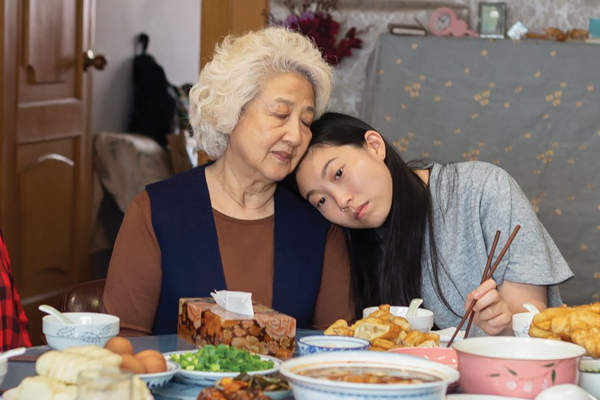You may know 別告訴她 by its English title: The Farewell.
The second feature film from director Lulu Wang stirred audiences with a story from Wang’s family. In the film, the main character, Billi, joins her family in China as they convene a wedding as an excuse to say goodbye to her grandmother, who has a terminal illness but does not know it.
At the wedding, the grief of imminent loss peeks through the haphazard nuptials. In some of the film’s most memorable moments, toasts take heartrending turns into breakdown, and a drinking game provides space to drown sorrows with alcohol and laughter.
In the game, Billi’s family is seated at a round table. Chanting in Chinese, one person repeats a phrase while flapping their arms like wings, then looks to another person, who takes over the chant. Whoever makes a mistake takes a shot. The general mechanics of the scene are clear, but unlike most of the film, there are no English subtitles.
Read the Full Article

